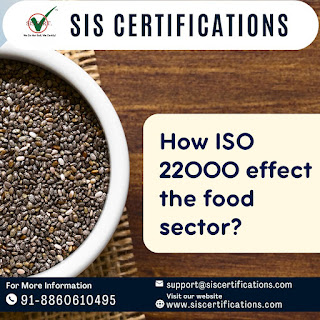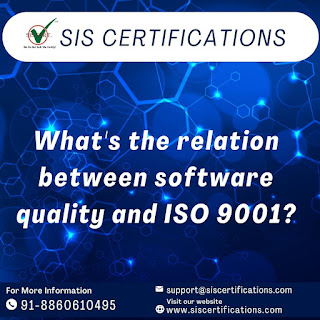What is the purpose of ISO 13485?
ISO 13485 is an international standard that specifies requirements for a quality management system (QMS) for organizations involved in the design, development, production, installation, and servicing of medical devices. The primary purpose of ISO 13485 is to establish a framework for medical device manufacturers to ensure the consistent design, production, and delivery of safe and effective medical devices that meet regulatory requirements. Key purposes and benefits of ISO 13485 include: Quality Management System (QMS) Compliance: ISO 13485 provides a set of internationally recognized requirements for a QMS specific to the medical device industry. By implementing this standard, organizations can demonstrate their commitment to quality and compliance with regulatory requirements. Regulatory Compliance: ISO 13485 is harmonized with the regulatory requirements for medical devices in various markets, making it easier for organizations to meet regulatory expectations. Compliance with ISO


